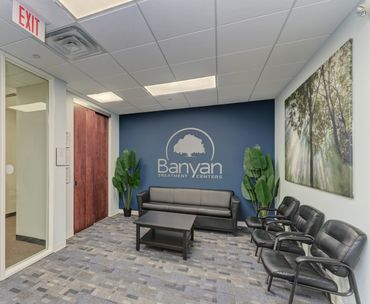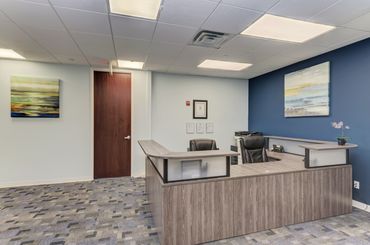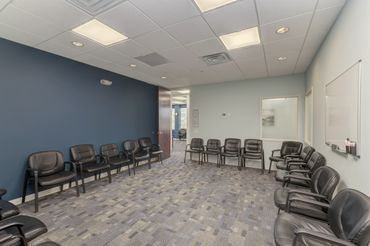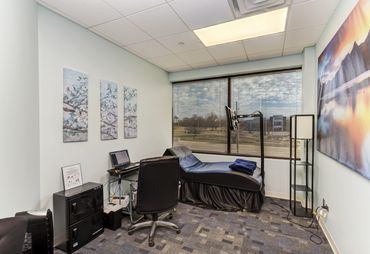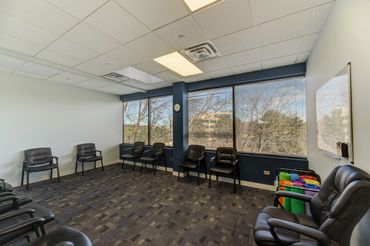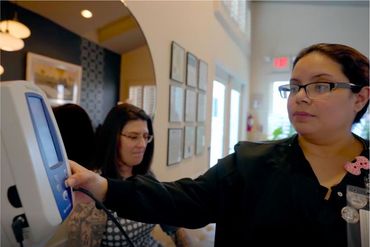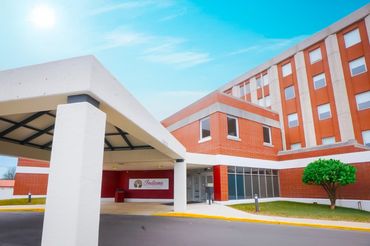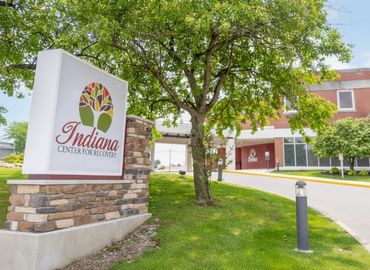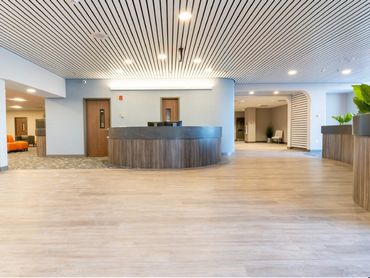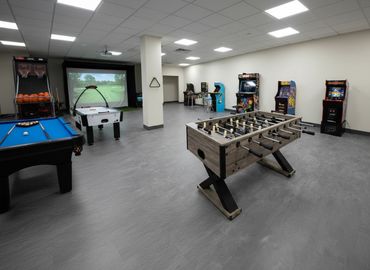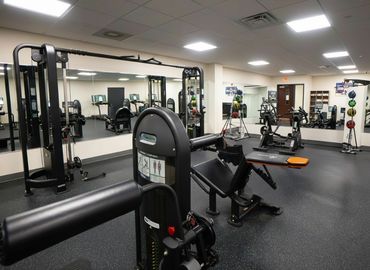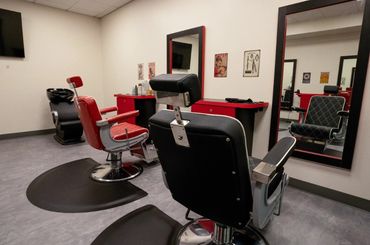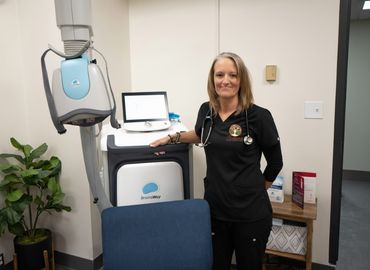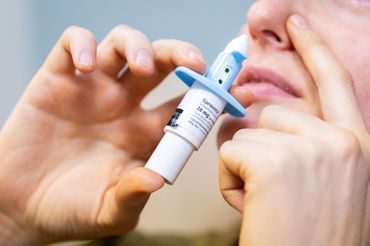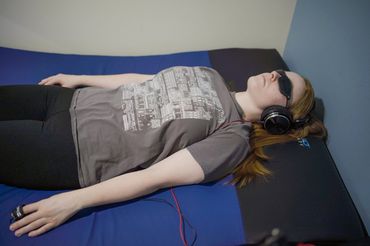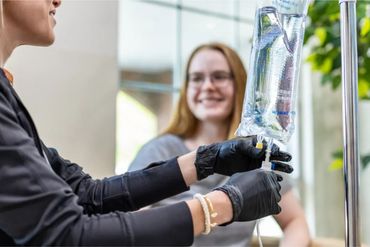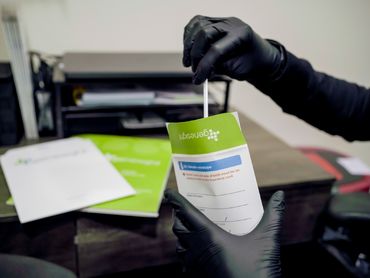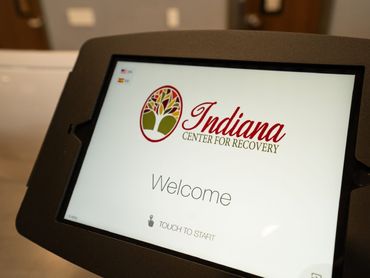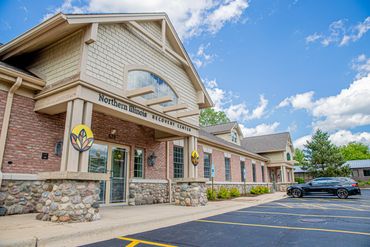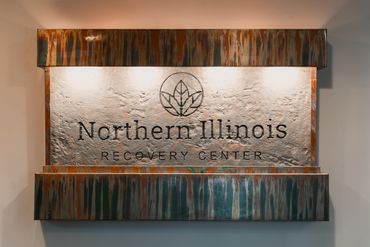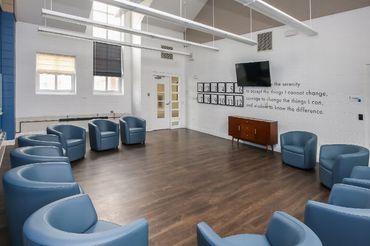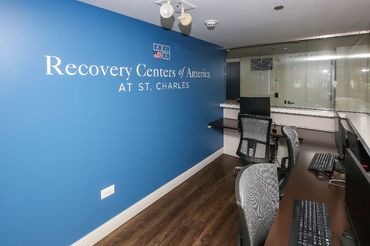
Drug & Alcohol Rehab Centers near Des Plaines, IL
If you or a loved one are grappling with substance use disorder in Des Plaines, Illinois, taking that first step towards recovery is crucial. Understanding the available treatment options and payment methods can be the key to embarking on a path to healing and sobriety.
Treatment Centers near Des Plaines, IL

Open to Travel? Check out Top-Rated Options
All Treatment Centers near Des Plaines, IL
Are You Covered For Treatment?
- Chicago Rehabs
- Joliet Rehabs
- Peoria Rehabs
- Springfield Rehabs
- Waukegan Rehabs
- Elgin Rehabs
- Rockford Rehabs
- Aurora Rehabs
- Charleston Rehabs
- Arlington Heights Rehabs
Information About Rehab in Des Plaines
Latest Reviews
Latest Reviews of Rehabs in Illinois
Symetria — Des Plaines Outpatient Rehab
Very supportive and the way they check in with you is more like a friend rather than a Dr or councilor where, as I perceive would put me in a more defensive stance, where here with everyone I’ve come in contact with I can be free and open about myself and my recovery. Everyone is so nice and very understanding which was/is very important to me during this process.
Area Information
Des Plaines, Illinois, nestled in Cook County, is a vibrant city that boasts a unique blend of urban amenities and suburban charm. With a population of over 60,000 residents,1 it offers a diverse community, excellent schools, and a rich cultural scene. Des Plaines is renowned for its historic downtown area, proximity to O’Hare International Airport, and numerous parks and recreational facilities, making it an attractive place for residents and visitors alike.
Substance Misuse and Addiction in Des Plaines, Illinois
Substance misuse is a serious issue in Des Plaines and across the state of Illinois. Recent data shows that Illinois saw a significant 33% surge in opioid overdoses between 2019 and 2020.2 In 2020, a staggering 2,944 individuals lost their lives to opioid overdoses, surpassing the number of fatal motor vehicle accidents and homicides by more than two-fold.2 For context, the drug overdose mortality rate in Illinois, adjusted for age, was 21.9 per 100,000 population in 2019, ranking the state 24th in the nation in terms of overall drug overdose fatality rates for that year.2
Drug and Alcohol Rehab
When seeking help for addiction, it’s important to recognize that rehab facilities offer various programs and treatment options to cater to individual needs. These programs are tailored to address the specific challenges each person faces on their path to recovery.
What Happens in Drug and Alcohol Rehab?
Entering a rehab facility involves various levels of care, including detox, inpatient, outpatient, and aftercare programs. These stages ensure that individuals receive the appropriate level of support and treatment for their unique circumstances, helping them on their journey to recovery.
Detox Programs
The initial step in the recovery process, detox programs are vital for individuals seeking to overcome substance use disorder. During detox, patients are medically monitored by skilled professionals to ensure their safety and well-being. This phase is particularly crucial for individuals experiencing withdrawal symptoms, which can be severe and uncomfortable. Medications may be administered to help manage these symptoms and reduce the physical distress associated with substance withdrawal. The compassionate care provided during detox aims to make this challenging stage as comfortable as possible, setting the foundation for the subsequent phases of treatment.
How Long Is Detox in Rehab?
The duration of detox can vary widely, spanning from 3 to 7 days or more, depending on a range of factors, including the type of substance abused, the individual’s overall health, and the severity of withdrawal symptoms.
Inpatient Drug and Alcohol Rehab
Inpatient drug and alcohol rehab programs offer a comprehensive and immersive approach to recovery. Patients reside within the facility and receive round-the-clock care and support from a dedicated team of professionals. These programs typically last for 30 days, although longer durations, such as 60 or 90 days, may be necessary depending on the individual’s specific needs. Inpatient rehab facilities provide a structured environment in which therapy, including individual and group sessions, plays a crucial role in helping patients address the root causes of their addiction. Moreover, these programs are well-equipped to address any co-occurring mental health disorders that may accompany substance use. Inpatient drug rehab provides a secure and focused setting for individuals to heal and recover, offering the guidance and tools they need to embark on a successful journey towards lasting sobriety.
Outpatient Drug and Alcohol Rehab
Outpatient drug and alcohol rehab programs offer a more flexible treatment option, allowing individuals to receive care while maintaining their daily responsibilities, such as work and family commitments. These programs are valuable for individuals who have completed inpatient treatment or have milder addiction cases. Outpatient treatment focuses on teaching patients essential tools for aftercare and relapse prevention. It offers a level of autonomy while still providing vital support and therapy to bolster recovery efforts. Patients in outpatient programs attend scheduled sessions and counseling, providing them with the necessary skills and coping strategies to remain on the path to sobriety. The length and intensity of outpatient treatment can vary, ensuring that it is tailored to each individual’s unique needs and circumstances.
How Much Does Rehab Cost?
The prospect of paying for rehab can be daunting, but it should never be a barrier to seeking help. Numerous options exist, ensuring that financial concerns do not impede the path to recovery. These options include:
- Payment Plans
- Government Grants and Scholarships
- Free Rehab
- State-Funded Rehab
Does Insurance Cover Drug and Alcohol Rehab?
Many insurance plans cover at least a portion of the costs associated with drug rehab. It’s important to explore your specific drug rehab insurance coverage to determine how it can alleviate the financial burden. Widely accepted insurances include:
Finding The Best Rehab Center
Des Plaines, Illinois Drug and Alcohol Rehab Facilities
Finding the right treatment facility can be challenging, but our rehab locator tool can assist you in your search. While staying in-state may be an option, it’s often advisable to explore out-of-state treatment facilities to minimize distractions and receive the best care possible, whether in Illinois or elsewhere.
Sources
- United States Census Bureau. Des Plaines, Illinois. July 1, 2022.
- Illinois Department of Public Health. Opioid Data Dashboard. 2023.


